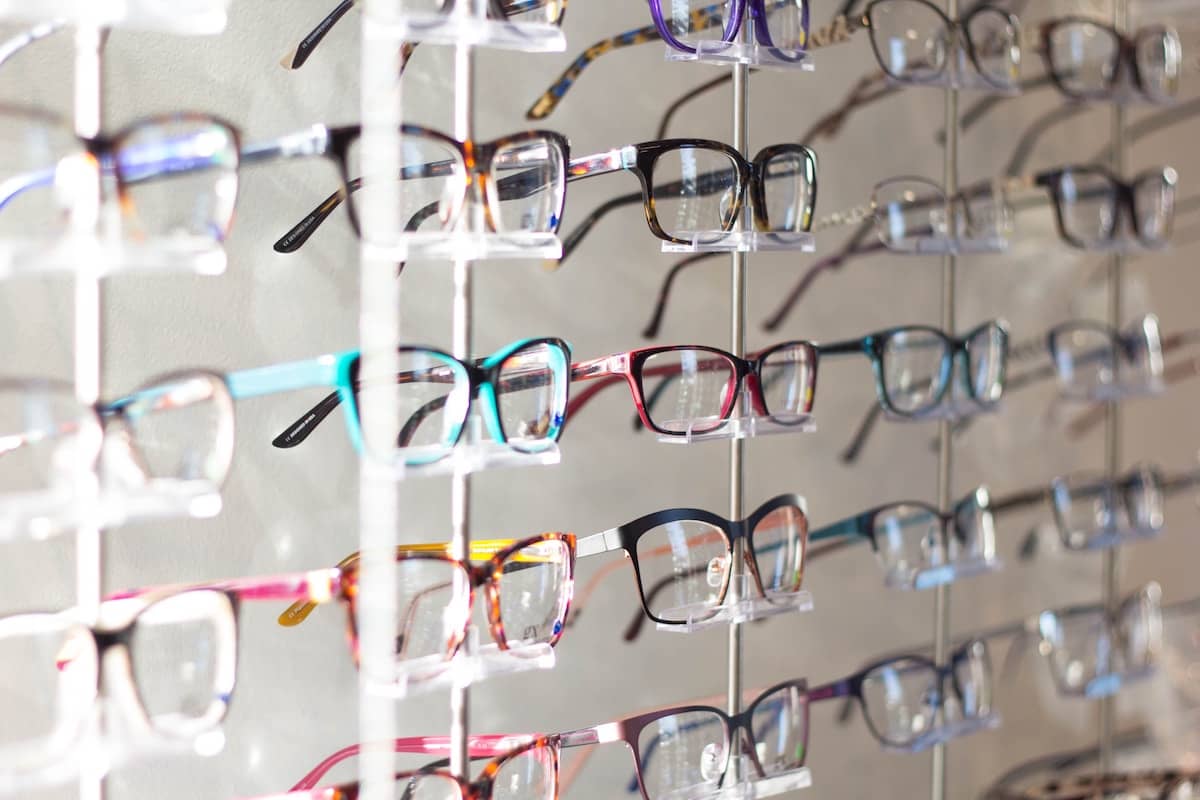Face Shape and Glasses Frames

Do you choose glasses frames based on how well they fit the shape of your face?
Whatever glasses you wear, they will be a large portion of anyone’s first impression of you. Aside from helping you see, glasses are a great way to show off your personality, but there are a few things to take into consideration besides your own sense of style.
The Foundation: Your Face Shape
Our faces might not literally be square or heart-shaped, but our features still tend to give the impression of a particular shape, depending on position and size. Here’s a quick summary:
- A square face is one with a strong jawline and wide forehead, and its length and width are about equal.
- A round face has fuller cheeks, a rounded hairline and chin, and is also about as wide as it is long.
- An oval face is similar to a round face except that it’s thinner and longer.
- A heart-shaped face involves a narrow chin, wide cheeks and forehead, and sometimes even a widow’s peak.
If you’re not sure what your face shape is, you can find out with a mirror and a washable marker. Close one eye and draw the outline of your face on the mirror. The result should resemble one of the face shapes we’ve described.
Choosing the Right Frame Shape
Once you know the shape of your face, you can find a pair of glasses that complement it. Different frame shapes look flattering on some faces and unflattering on others. Adding a pair of rectangular glasses to a square face, for instance, will only emphasize its squareness, while rounder frames can help to soften the angles — and vice versa, with rectangular glasses on a round or oval face.
Beyond the Shape
There are other factors to think about when choosing your ideal frames than just their shape, such as size, color, thickness, and material. You don’t want them to be too large or too small for your face. This is particularly true for kids, who can quickly grow out of a pair of glasses. They want their glasses to fit and reflect how grown up they are.
Consider how your frames can complement your skin tone. Warm skin tones look better with cool colors like dark tortoise, blue, jade, pink, magenta, plum, blue-gray, rose-brown, silver, or black. Cool skin tones look better in blond tortoise, warm blue, fire-engine red, off-white, coral, orange, peach, copper, gold, khaki, or camel frames.
Still Need Help Deciding?
Hopefully. we’ve already helped you know where to start when you choose your next frames, but if you still aren’t sure what will look great on you, we’re happy to offer our recommendations. We look forward to seeing you at your next appointment!

